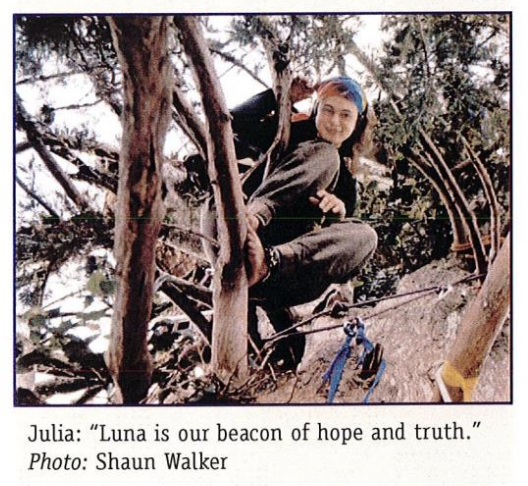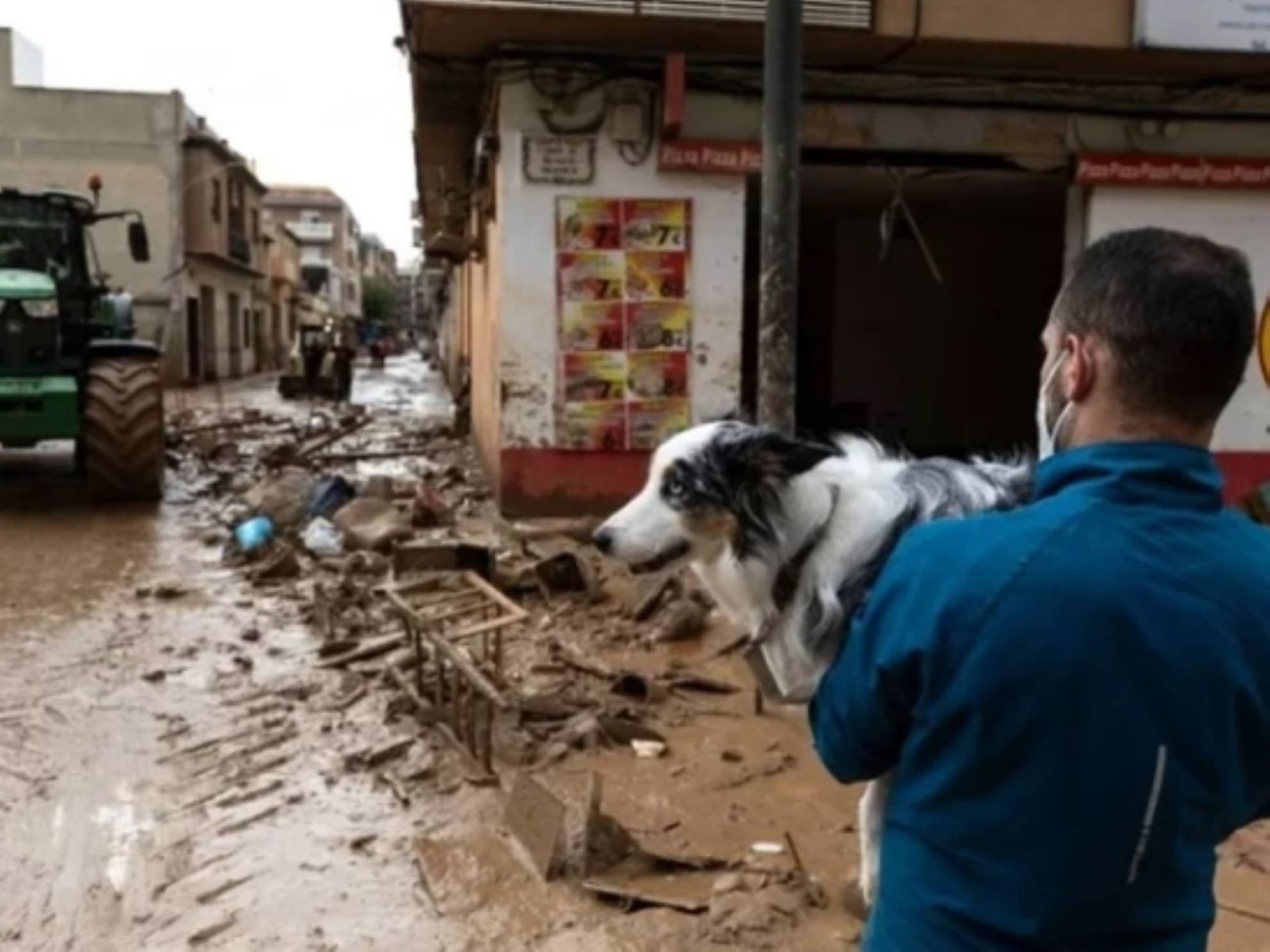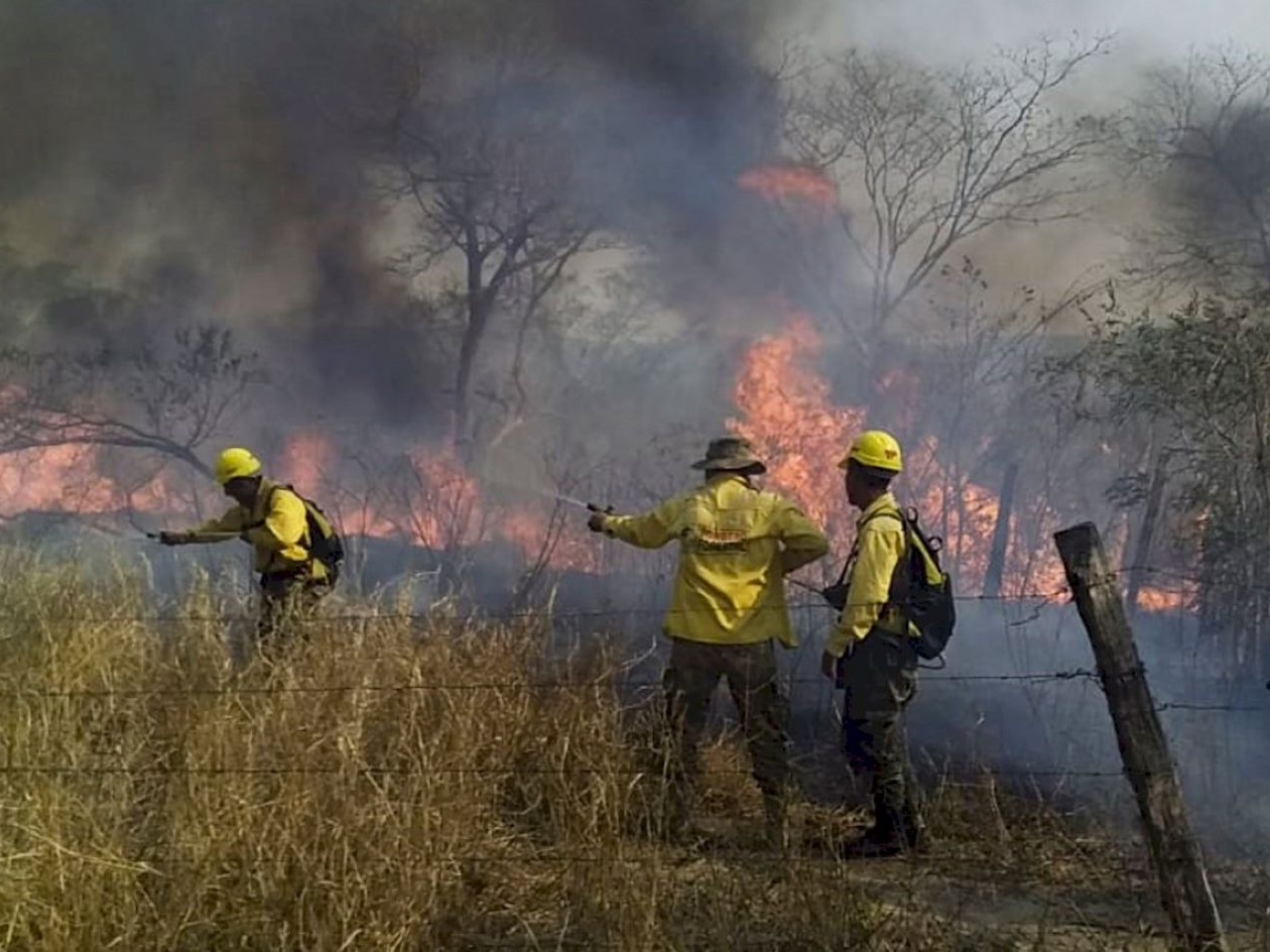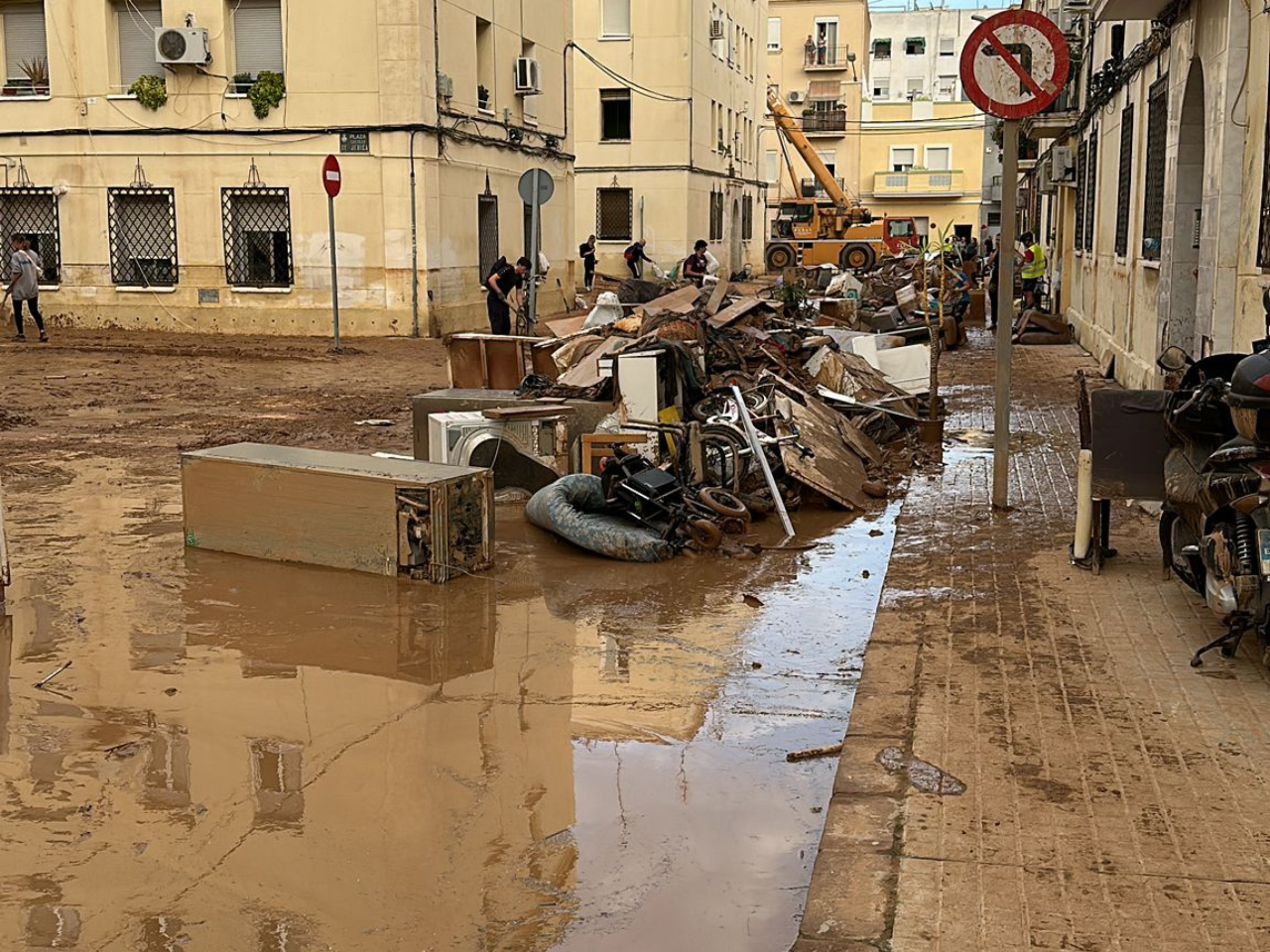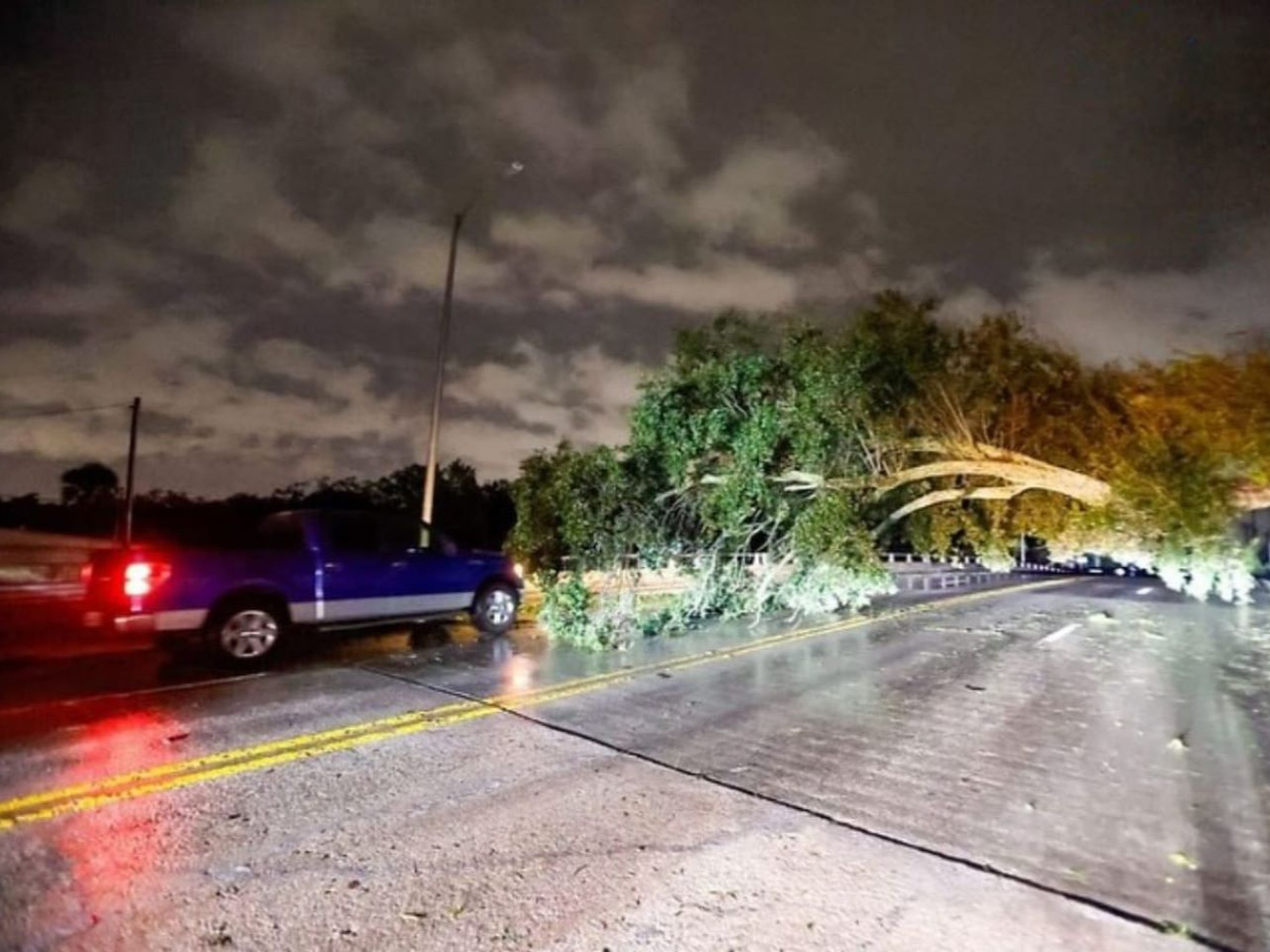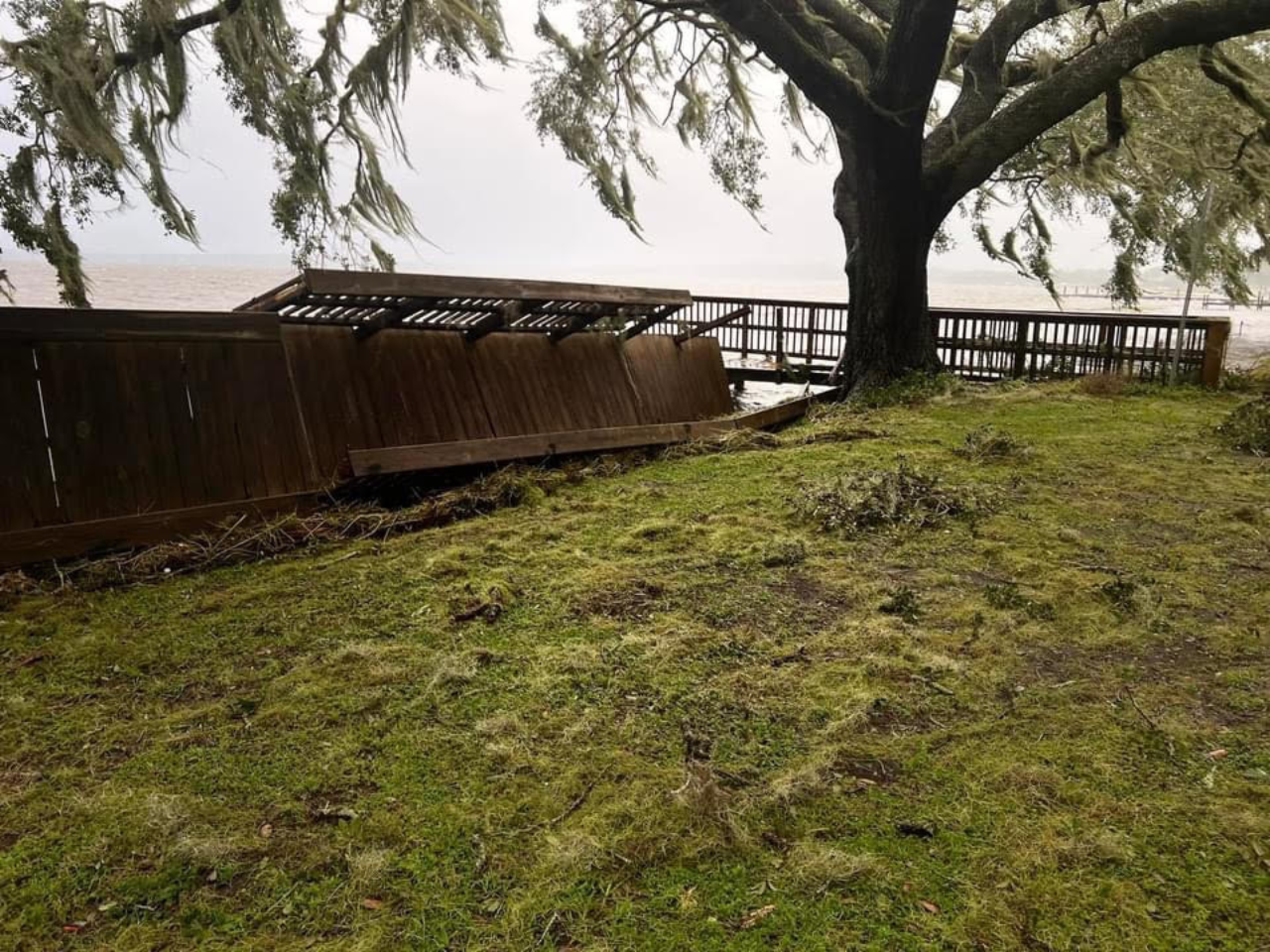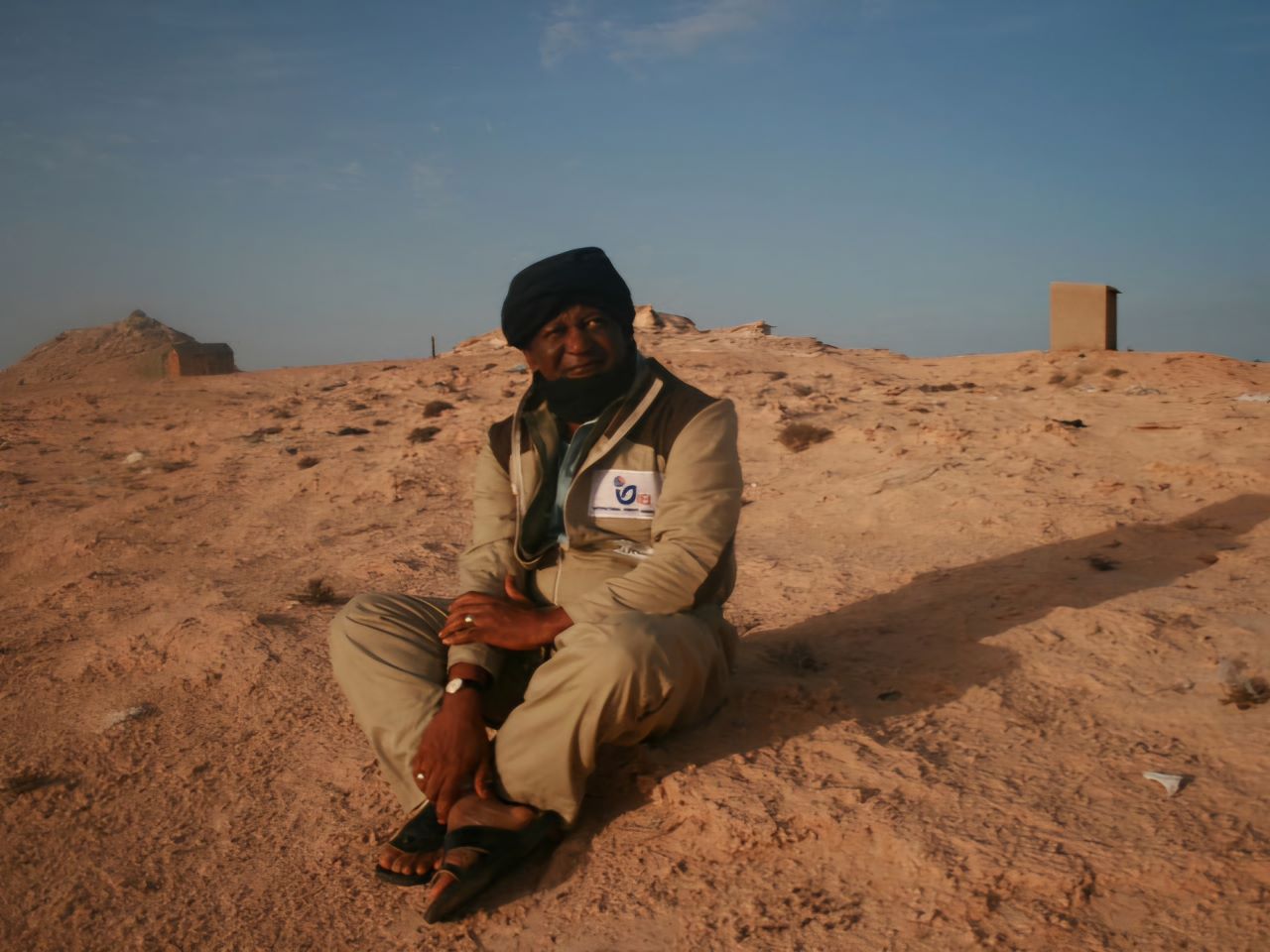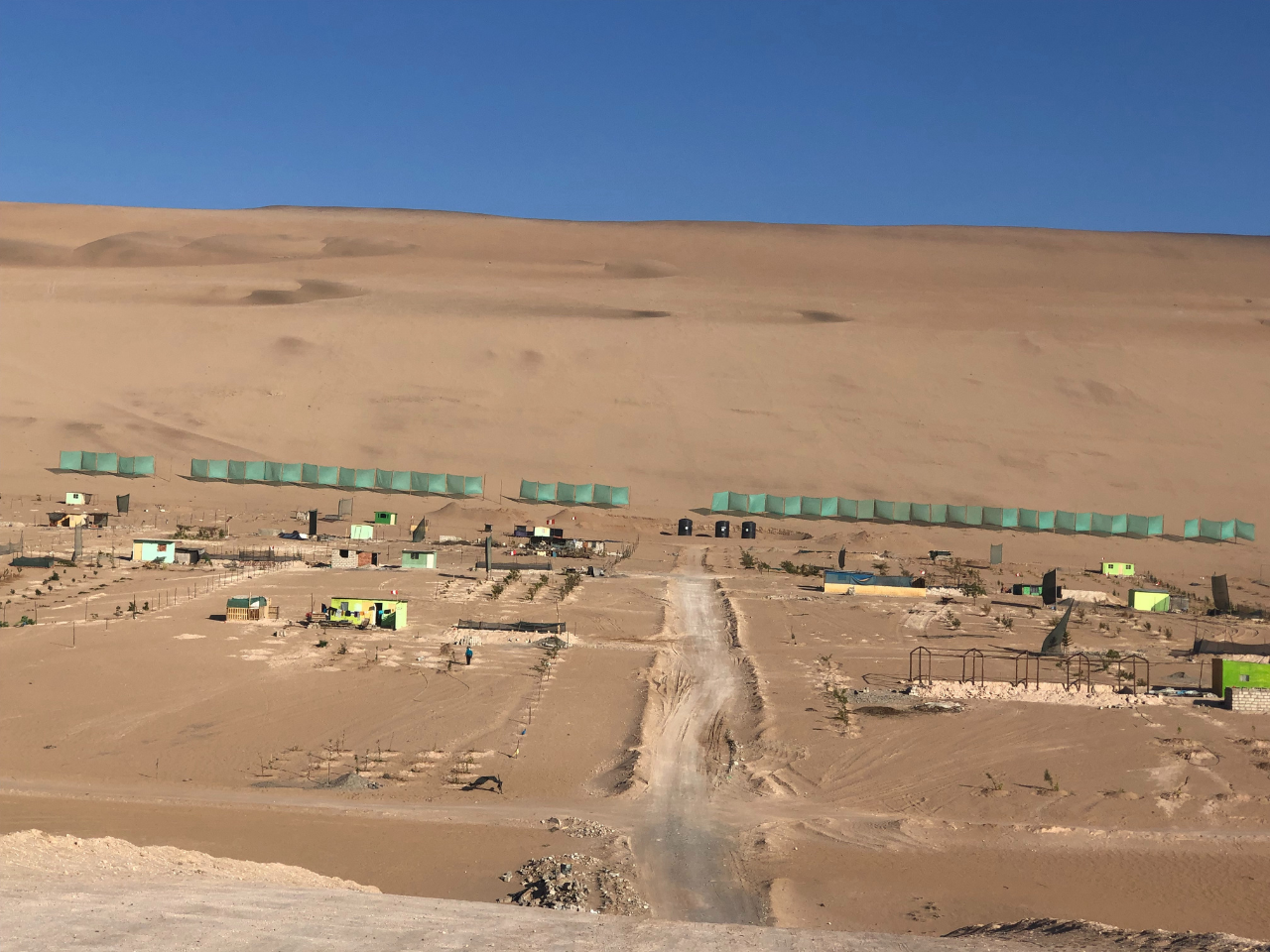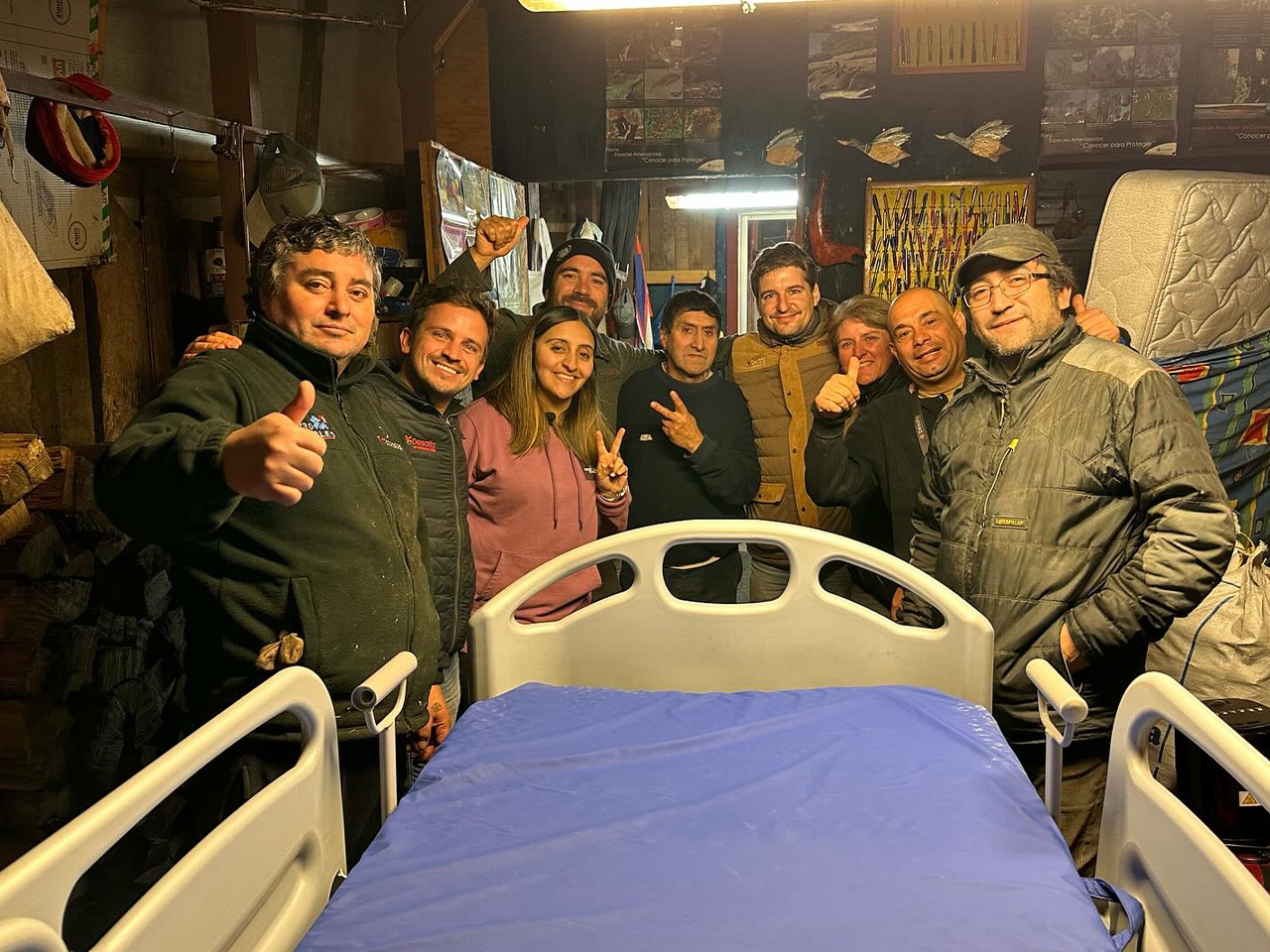As power outages decimate Argentina, residents in one apartment building boiled for 16 days in record heat
I watched as my neighbor’s young son spent a week and a half at school. When he couldn’t be there, on the hottest days, they played with toy cars in the bathtub for three or four hours straight. She continuously refilled the water as it heated up.
- 3 years ago
April 24, 2023
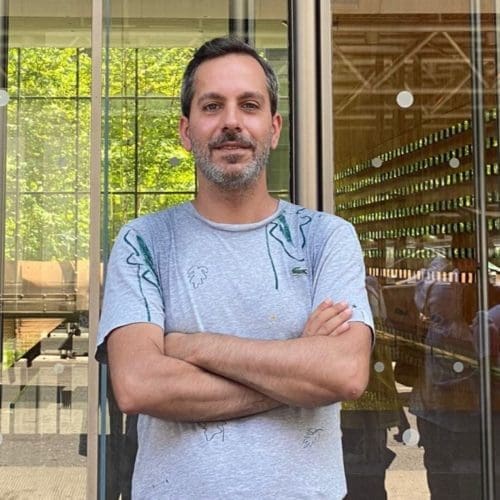
BUENOS AIRES, Argentina — As heatwaves blasted Argentina with no end in sight, and some municipalities operated under a red alert for extreme and dangerous temperatures, it happened. I lost power. Anxiety consumed me as the days ticked by. After 16 long days, desperation set in.
Less than one third of the apartments in my building got their electricity back. The rest of us remained in the dark, steaming in the impossible heat. Neighbors installed a small water pump, so we avoided complete dehydration. Even water became a luxury. The people received little help. With no proper air conditioning and questionable living conditions, they grew sicker and sicker. Between this and economic issues in our country, I fear for the future.
Residents in Caballito carry water in buckets up and down stairs to stay hydrated
As the effects of a deficient electrical supply brought suffering to my 18-unit apartment building, I heard the same words over and over from authorities. “We will send a crew,” they would say. “We regret the inconvenience and will work until power is restored.” Only five units recovered and even those experienced sporadic power at lower voltages, minimizing usage by running only a refrigerator and a fan. Every single one of us maintained three priorities: preserve food, refrigerate liquid, and ventilate the environment.
These are not new problems. Every year, it seems we face issues with the grid, but this time, it proved disastrous. The problems intensified in the first days of February. Since then, areas experience periodic spurts without electricity. In my neighborhood of Caballito, the problem exacerbated with overpopulated buildings and poor investment in infrastructure and services. The water pump in my building burned out due to low voltage. When it had electricity, strangely enough, my refrigerator worked.
As the temperatures soared to unbearable heights, we walked up and down the stairs 25 times with buckets of water, while the disabled and elderly suffered in silence in the blistering heat. I feel traumatized in ways that will stay with me forever. We slept on our balconies for some relief.
Fear and hopelessness become a way of life during power outages in Buenos Aires
As the drama continued, I joined my neighbors, and we formed groups to coordinate protests on the streets – speaking out as our walls boiled. The neighborhood assembly agreed to block the streets, but not before discussing the ways that might interfere with traffic and harm drivers. Again and again, the police and firefighters dissuaded us.
Finally, we converged on a Wednesday in front of Edesur [Argentina’s electricity distributor], and the company momentarily restored service in some buildings. However, the power remained intermittent. It feels impossible to imagine living a stable day-to-day life now. As the anguish settles in, the disappointment conditions us in every possible way. I could not buy food for fear of it spoiling, and sleep alluded me.
During those 16 days, I travelled five kilometers (three miles) to sleep and bathe. As the sun hit my apartment, it became impossible to stay there. I watched as my neighbor’s young son spent a week and a half at school. When he couldn’t be there, on the hottest days, they played with toy cars in the bathtub for three or four hours straight. She continuously refilled the water as it heated up. Another neighbor moved out after tiring from carrying water up and down the stairs day after day. Now he travels to Martín Coronado where his son lives. It feels inhumane.
Residents left traumatized with no ability to cook food
Throughout this traumatizing experience, I developed a new routine, returning home to check the electricity and ventilate rooms, only to leave again. Occasionally I slept there, suffocating through terrible nights with no air circulation. Unable to cook, I began eating out, facing significant costs just to get by.
It feels like Edesur fails to recognize us; its every man for himself. We fight the best we can, but the fear remains: the outages can happen again at any moment. As we faced an extreme heatwave – the most significant of the last hundred years – power consumption broke historical records, overexerting the grid and causing failures. While the national government denounced Edesur’s executives and considered concessions [including a recently issued fine], hundreds of thousands of residents of Buenos Aires suffered neglect.
Now, I watch, as different neighborhoods continue to experience power outages lasting hours and sometimes days.




